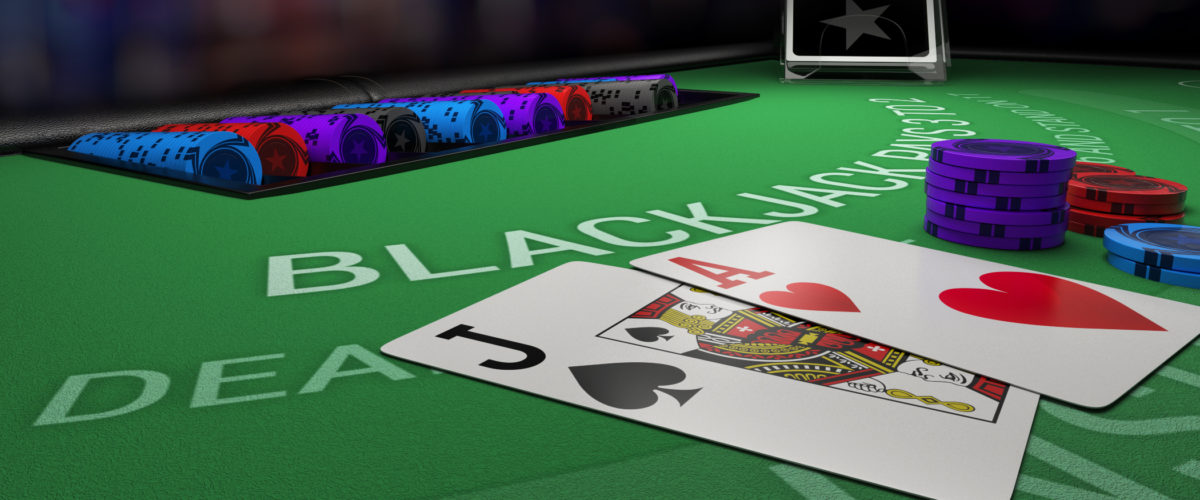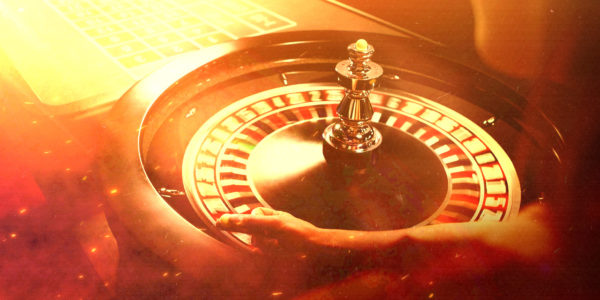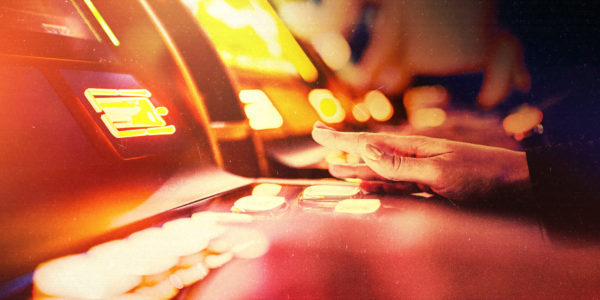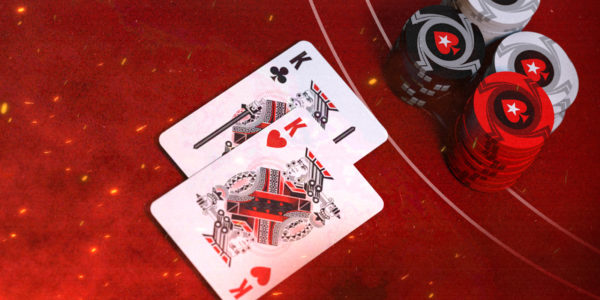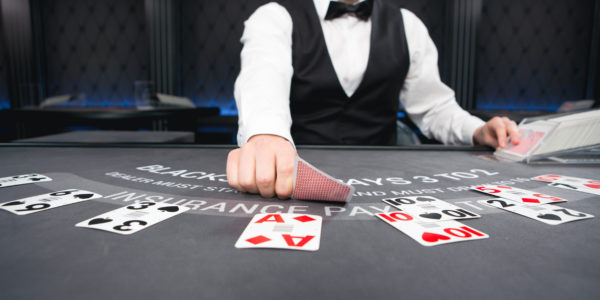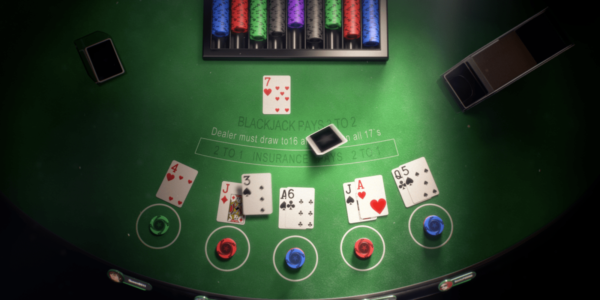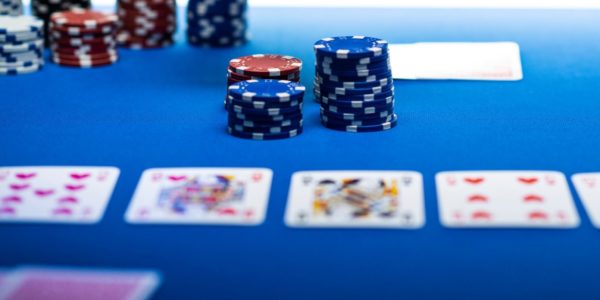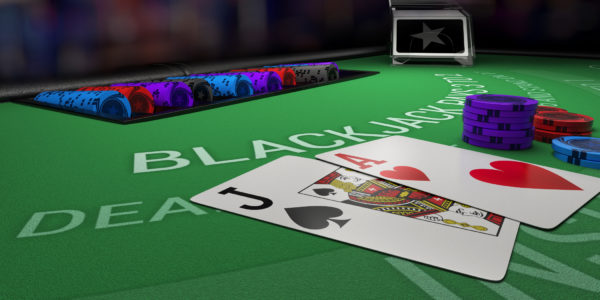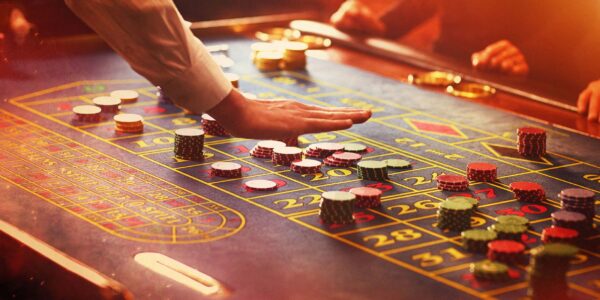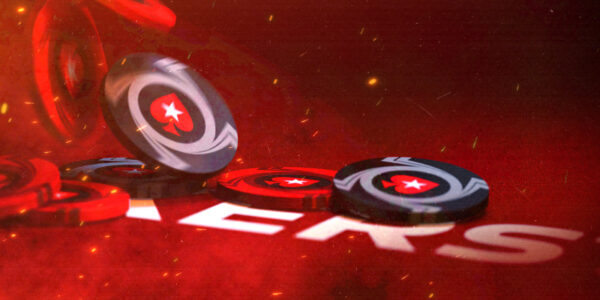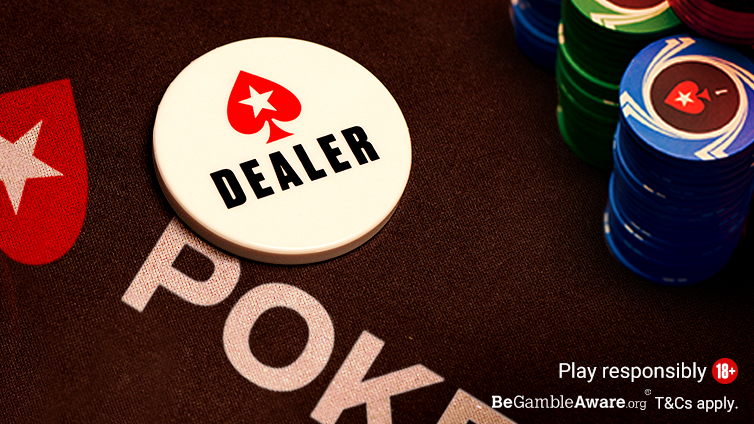An Introduction to Blackjack for Beginners: How to Play
Blackjack, also called 21 or Pontoon, is a simple, fast-paced, and skill-based card game with a low house edge. Its low house edge gives players a better chance of winning compared to other table games, making it a popular choice for beginners and experts alike. Here’s how to play it.
Learning to Play Blackjack
A game of Blackjack starts with the dealer handing out two cards to each player, including themselves. The dealer draws one face-down card (the “hole” card) and a face up card (the “up card”). You won’t know the dealer’s exact hand value until you’ve played.
The dealer then takes a peek at his hole card to check if he’s drawn a Blackjack (or 21).
Otherwise, the players are invited to act in the form of hitting (drawing another card), standing (not acting when your hand is good enough), or doubling down (increasing your bet). You can also split if you were dealt a pair (more on this later).
Once all the players have acted, the dealer will turn up their hole card. If the dealer’s hand is valued at 17 or above, they will stand. If it is valued at 16 and below, the dealer will be obliged to take cards until their total is 17 or above, at which point they must stand (unless they bust out).
You win if you can score a 21 or closer to it than the dealer’s hand—without going over it (or “going bust”). Likewise, if the dealer goes bust when drawing to 17 or above, you win. If your score is equal to the dealer’s, the game ends in a push, and all bets are returned.
Scoring in Blackjack
Scoring in Blackjack depends on the ranks a player holds in his or her hand:
- Aces can be worth either 1 or 11 points.
- Number cards from 2 to 10 are equal to their face value.
- Face cards are worth 10 points.
Your score is determined by the sum of the value of your cards. Whoever has the higher hand wins. Anyone who scores a “natural” Blackjack—or an Ace and a face card or 10 for their first two cards—wins the game.
A hand with a sum of 22 or higher “busts” out and loses, regardless of the player or the dealer’s score. Likewise, any hand one point lower than the dealer’s score loses.
Things to Remember: Additional Blackjack Rules
Here are some important Blackjack rules to keep in mind:
- A regular win pays out at 1:1. This is when your score is closer to 21 than the dealer or if they bust out.
- A natural Blackjack–when the player’s first two cards equal 21–pays out 3:2
- The dealer must hit if they score 16 or less.
- Splitting turns your initial two-card hand into two separate hands for an additional chance to beat the dealer. You can only split if you were dealt a pair.
- You may double down your bet in the middle of play, but you can only hit for one more card. You will be obliged to stand. You won’t be allowed to hit more than once.
Blackjack Basics for Beginners
- Only split when you have a pair of aces or 8s. Splitting aces gives you a chance to win two Blackjacks. Stand otherwise.
- Do not split other pairs.
- Only double down if your starting hand value is a 10 or 11.
- Hit on a hand with a total of 12 to 16 only if the dealer has a 2-6 upcard; stand otherwise.
- Hit if your score is 10.
- If your score is 16 or less, you should usually hit.
- If your score is 17 or more, you should usually stand.
- Do not take insurance when the dealer is showing an ace. You will lose over time.
- Only surrender if your score is a hard 15 or 16 and the dealer is showing an ace.
Most Common Mistakes (and how to avoid them)
Here are some of the most common mistakes that beginners make in Blackjack:
- Don’t hit on a “soft” 17 (or an Ace and a 6). Hitting is more likely to end up as a bust.
- Don’t split a pair of 10s. In the long run, this is a losing bet. Don’t split at every possible chance.
- Don’t double down on a starting total of 10 or 11.
- Don’t play too many hands. Focus on quality over quantity.
- Only play with money you can afford to lose. If you’re on a losing streak, stop playing.
Blackjack is such a fun game that can be played by anyone. Hopefully this guide will set you on your way to enjoying this fabulous game even more.

